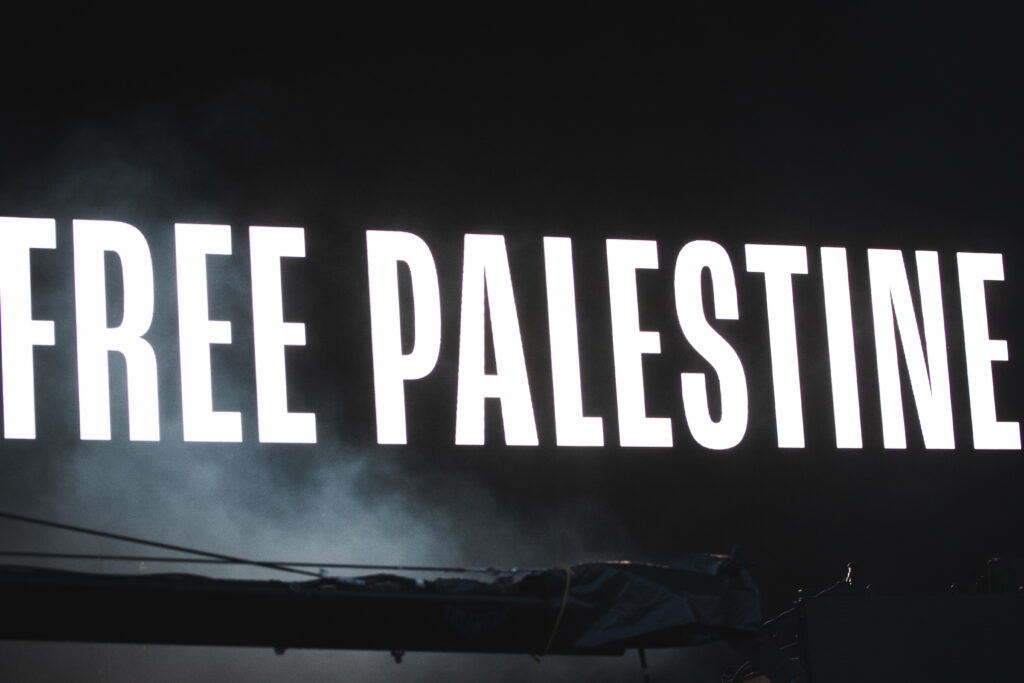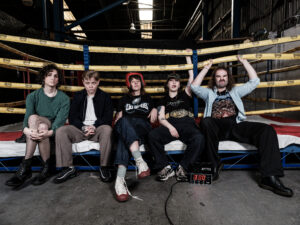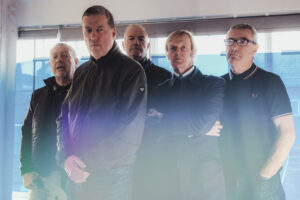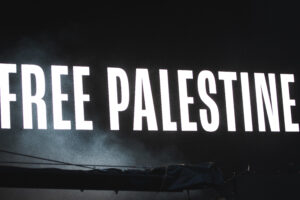THE STATE MAY PROSCRIBE A NAME, BUT IT CANNOT OUTLAW A PRINCIPLE

Kneecap (Lucy McLachlan/Northern Exposure)
It began with red paint, rooftop banners, and broken windows. Now it’s being treated as terrorism.
In June 2025, the UK government announced it would proscribe Palestine Action under the Terrorism Act 2000, a move that marks one of the most aggressive crackdowns on protest in recent history. While the Home Office claims the group poses a “threat to public order,” others argue that this is less about safety and more about silencing dissent particularly when it implicates Britain’s role in the arms trade.
The backlash has been immediate. From MPs like Zarah Sultana to thousands of protesters in cities across the UK, one phrase has echoed defiantly: “We are all Palestine Action.” The message is not necessarily literal, it’s symbolic. It is a collective refusal to accept the criminalisation of civil disobedience, especially when it targets weapons companies with longstanding ties to Israel’s military operations in Gaza.
But as solidarity swells, so does state scrutiny. Reports have emerged alleging possible links between Palestine Action and Iranian funding a claim that remains entirely unsubstantiated in the public domain. While the Home Office has launched an investigation, no direct evidence has been disclosed. Legal observers warn that such narratives have been used historically to delegitimise domestic resistance by conflating it with foreign hostility.
Palestine Action, for its part, maintains that it is a grassroots movement funded by individuals, not states, and that its financial support includes donations from legal support campaigns and philanthropic figures like James “Fergie” Chambers in the US. Still, the narrative is shifting. By invoking foreign interference, particularly from a state like Iran, frequently depicted as a UK adversary, the government reframes protest as a form of infiltration. It turns political speech into a matter of national security.
And yet, this moment feels eerily familiar. As critics have noted, the suffragettes were branded extremists. Anti-apartheid activists were watched and imprisoned. And today’s climate suggests a continuum in which radical dissent is recast as dangerous, particularly when it challenges the state’s complicity in violence abroad. This is not just about one group. It’s about the shrinking space for protest, about what it means to speak out against militarism, colonialism, and injustice without fear of prosecution. It’s about who gets to define terrorism and who benefits when that definition expands.
Those taking to the streets are not all affiliated with Palestine Action. Many aren’t activists at all. But in a political environment where supporting human rights can carry criminal implications, solidarity becomes its own kind of resistance. This is also a moment of profound consequence for free speech in the UK. By criminalising expressions of solidarity, even symbolic ones, the government risks redefining political speech as subversion. The chilling effect is already visible, writers, artists, and activists now weigh their words with growing anxiety, unsure whether speaking out will be seen as support for a proscribed group.
This isn’t just about Palestine Action, it’s about the state’s tightening grip on what can be said, published, or performed when it challenges entrenched power. In silencing one form of resistance, the government sends a message to all, your voice could be next. The state may proscribe a name, but it cannot outlaw a principle. And the principle is this, that people have the right to confront the machinery of war with conscience, creativity, and courage.




